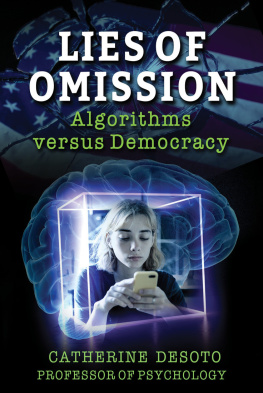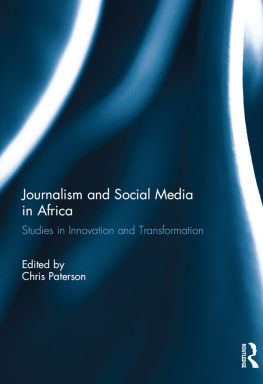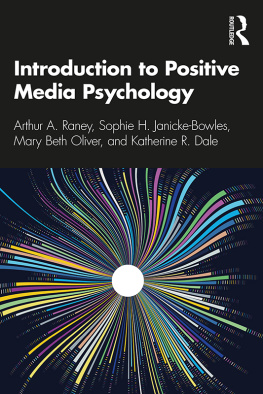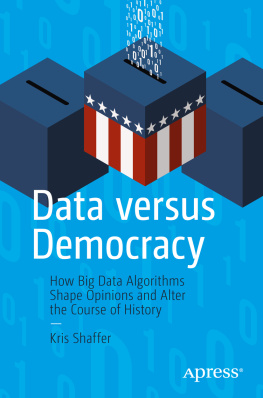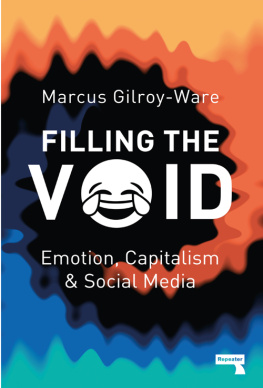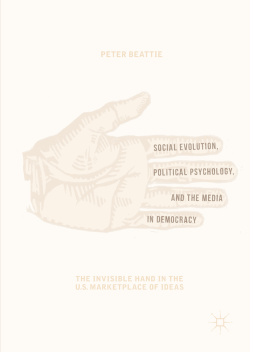


Copyright 2022 by Catherine DeSoto
All Rights Reserved. No part of this book may be reproduced in any manner without the express written consent of the publisher, except in the case of brief excerpts in critical reviews or articles. All inquiries should be addressed to Skyhorse Publishing, 307 West 36th Street, 11th Floor, New York, NY 10018.
Skyhorse Publishing books may be purchased in bulk at special discounts for sales promotion, corporate gifts, fund-raising, or educational purposes. Special editions can also be created to specifications. For details, contact the Special Sales Department, Skyhorse Publishing, 307 West 36th Street, 11th Floor, New York, NY 10018 or .
Skyhorse and Skyhorse Publishing are registered trademarks of Skyhorse Publishing, Inc., a Delaware corporation.
Visit our website at www.skyhorsepublishing.com.
10 9 8 7 6 5 4 3 2 1
Library of Congress Cataloging-in-Publication Data is available on file.
ISBN: 978-1-5107-7228-1
eBook ISBN: 978-1-5107-7229-8
Cover design by Kai Texel
Cover photograph by Getty Images
Printed in the United States of America
To my late father, Jerry, and to all the lives he touched, especially those who followed his teaching and have taken steps on the Road Less Travelled, for whom it made a difference.
Contents
PART ONE
CHAPTER ONE
A Frame for the Lies
When a condition afflicts an individual, doctors call it idiopathic. It means an ailment has arisen with spontaneity, as if out of thin air. A term of lacking, a cop out, a way to say unknown. If a nation develops an unknown problem, it may be called a curse, or a blight. If the blight has begun to be understood, if some insight into its cause has been observed, then names are proposed, ramifications are discussed, and, books are written.
A lie of omission is to dishonestly withhold crucial information needed to correct false beliefs. These lies have been multiplying. Many people paying close attention observe that we, as a society, have become increasingly tainted over the past decade, our institutions have become blighted with mistrust, and, the promise of social media has become a curse. There is a lack of curiosity about, and even intolerance for, opposing views. Somehow, collectively, we are simultaneously both more fragmented and more certain we are right. It is no longer an isolated relative who rants politics over holiday turkey. It is the whole table, the town, humanity. Not just the quirky, not just the fanatics, not just the fringes: the core. The core has gone rogue, except its not rogue anymore. It is the new normal. Dox those blind to your truth. It is an affliction on society.
Divisiveness has consequences. As Google ex-CEO Eric Schmidt has said, We have a problem with our information technology in that targeting engines are being used to take what is worst about human behavior and make it even worse. The modern algorithms behind social media hide parts of truths, building islands of ignorance while simultaneously departing a sense of being well informed.
Technological modernity has made a perfect storm. While diverse opinions are certainly integral to American culture, it is the thesis of this book that we are in trouble. The book is divided into two parts, plus a test yourself appendix. The first part, , eight issues that American citizens have trouble seeing the other side of are tackled. Similar in style to a set of pro and con, opposing view chapters, but with a goal to bridge the disinformation gap in a way our smart phones will never do. Thus, it is also a reminder that physically written words, books, have value.
The book begins with an overview of the extent of the growing divide, drawing upon polls and the decades-long shift of medias role in society. There is mention of evolving laws and regulations; the extent of the problem becomes clear.
Next, it is explained that humans have an innate love to be right, that social media is telling us we are right. There is a reason why we respond with growing conformity to the narrative we are fed. The social media experience is really a perfect storm, and the human response can be understood as rooted in our neurochemistry.
is devoted to critical thinking, extolling the formerly accepted truisms of good logic. The once accepted tenet, that one only knows an issue when they can convincingly articulate the opposition, is the guiding star. The opposing viewpoints section is introduced and the approach explained.
As a result of the book, trying to give a fair accounting of views I do not hold, I learned some things. Some things really surprised me, and I felt some anger. I felt lied to as I learned more about the issues: lies of omission from sources I had trusted to inform me. Many of the surprising things ended up in The Test, at the end of the book. No shame in being wrong about some of themif they are in the book, it probably means I found them surprising too.
Each essay is written to be a strong and persuasive argument for the given position. Do not kill the messenger. Social media has not been honest with you. The cause of the scourge on society, the polarization and the hate are the pocket portals lies of omission. The world of social media, held in the palm of your hand, exploits our neural circuitry; as research documents, it makes us angry.
If this book, and the polarizing issues explained from at least two opposing sides, causes anger thats okay, but I hope we will direct the anger where it belongs. Our seductive little pocket portal and its sweet song of confirmation, using the dislike of opposition to increase its advertising dollars. If you have been an avid user of social media, or if you get your news from Facebook, YouTube, or a chosen set of information sites, you are not used to having strong contra-arguments presented. Buckle up. I have endeavored to write respectable explanations of viewpoints I do not have. Doing so was kind of a test for myself, too. I dont want to be part of the problem. Before I trust my own opinions, I want to be sure I know, really know, what the other side has to say.
Critical Race Theory, Covid Mandates, Kyle Rittenhouse, Police Brutality, and the Second Amendment. Transsexuality, Moon Landing Conspiracies, Election Fraud 2020, and Tax Policy. Its all right here.
Like a snowball that is becoming an avalanche, a kind of rigid polarization has spread and gained momentum. Today, in 2022, it feels like a majority of Americans cannot begin to fathom why other humans see things differently than they themselves do. It is as though the majority of humans imagine that a given assessment of facts, that seems obvious from their viewpoint, must therefore be the only reasonable interpretation to have. One might even say militant ignorance is the national zeitgeist of the 2020s.
CHAPTER TWO
Breaking Up with the Left
Of course, the divide has always been there. The Federalists versus the Anti-Federalists, the Confederates versus the Union, and sixty years ago the Vietnam War and then Civil Rights again threatened to tear apart the United States of America. The idealized melting pot never blended, and the States have never had the unifying national identity that comes from sharing a common history. The divide is again accelerating. In 2020, a whopping 77 percent of US citizens said the country was more divided than before the pandemic. This literally means that the USA was decidedly less divided pre-pandemic.
Next page
